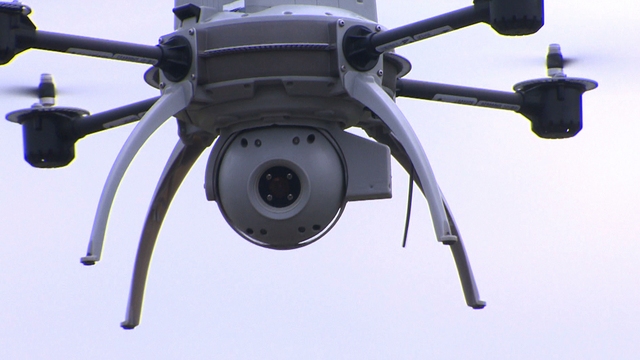Naked Citizens
 Increasing numbers of 'terror suspects' are being arrested on the basis of online and CCTV surveillance data. Authorities claim they act in the public interest, but does this intense surveillance keep us safer?
Increasing numbers of 'terror suspects' are being arrested on the basis of online and CCTV surveillance data. Authorities claim they act in the public interest, but does this intense surveillance keep us safer?
"I woke up to pounding on my door", says Andrej Holm, a sociologist from the Humboldt University. In what felt like a scene from a movie, he was taken from his Berlin home by armed men after a systematic monitoring of his academic research deemed him the probable leader of a militant group. After 30 days in solitary confinement, he was released without charges. Across Western Europe and the USA, surveillance of civilians has become a major business. With one camera for every 14 people in London and drones being used by police to track individuals, the threat of living in a Big Brother state is becoming a reality. At an annual conference of hackers, keynote speaker Jacob Appelbaum asserts, "to be free of suspicion is the most important right to be truly free". But with most people having a limited understanding of this world of cyber surveillance and how to protect ourselves, are our basic freedoms already being lost?
FULL SYNOPSIS

